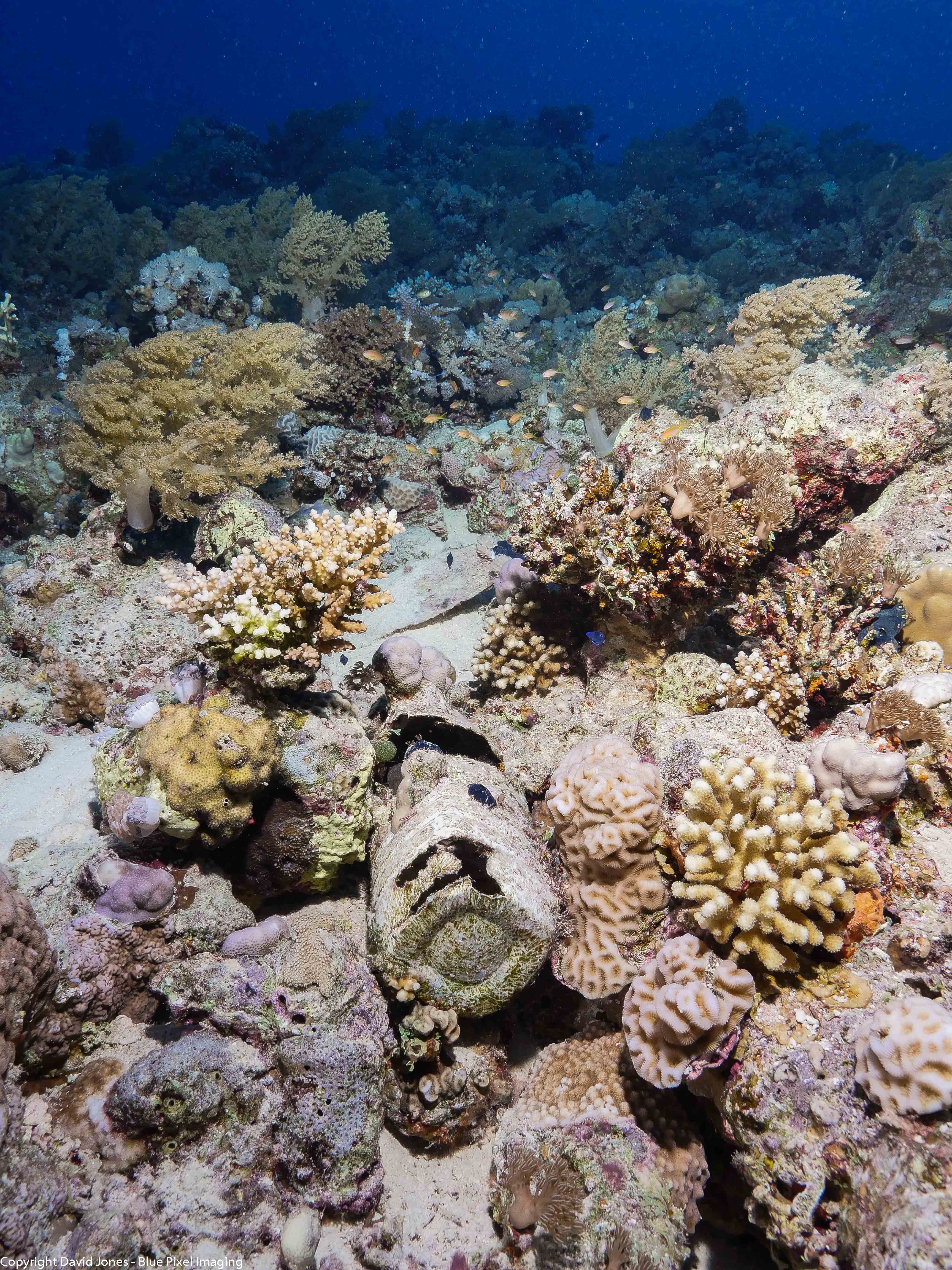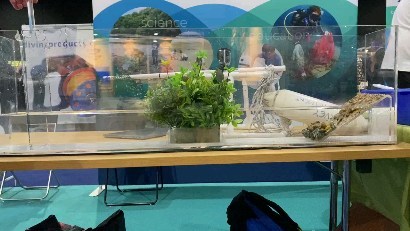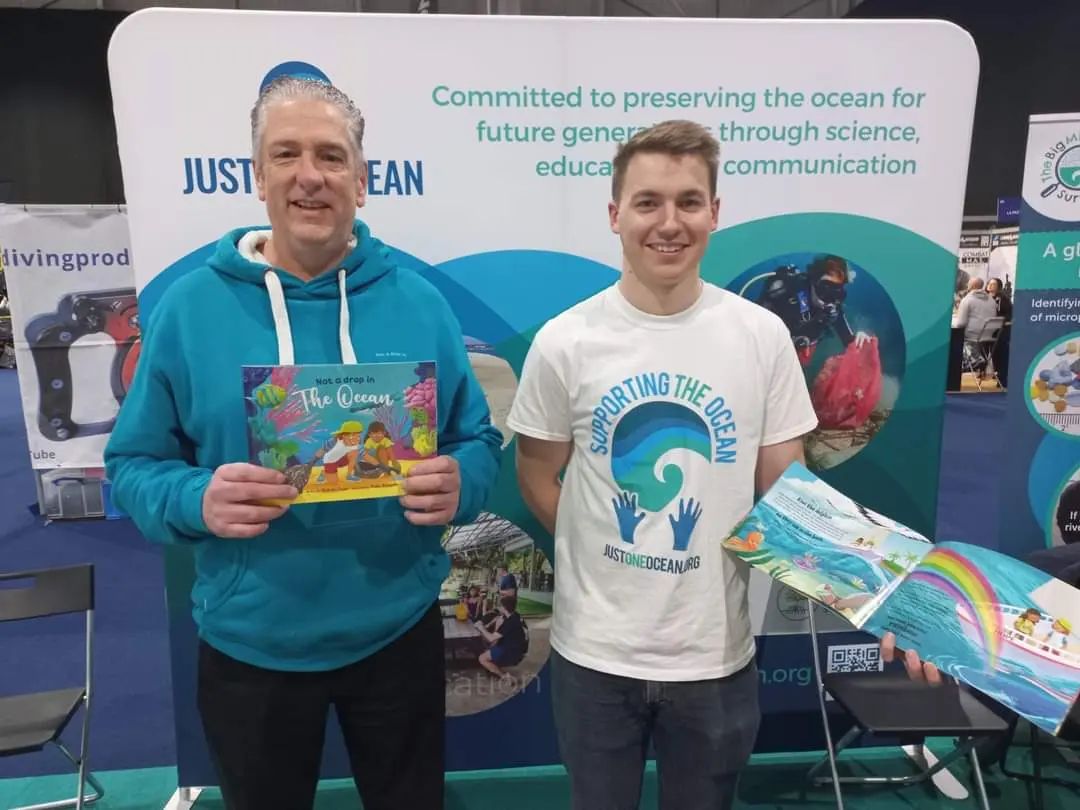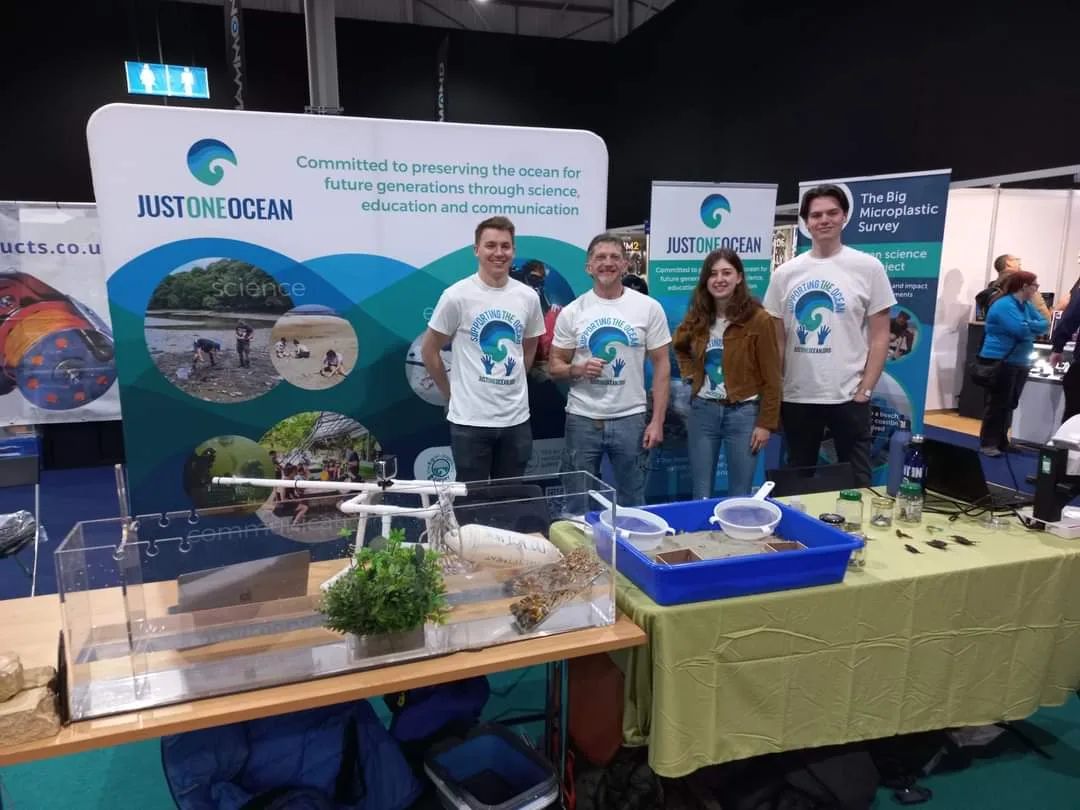The Problem
Marine debris washed up on coastlines is clear for everyone to see, but the world beneath the surface is not so obvious. Our very existence on earth is exerting extreme pressure on our oceans. We are over-fishing, polluting and changing the very fabric of the the thing that enables us to exist in the first place. Coral reefs are just one part of the vast ocean ecosystem, but they are essential.
During a recent diving trip to the Red Sea it was impossible not to notice how much plastic had become ’embedded’ into the environment. I saw an octopus living in a plastic bottle and molluscs and soft corals attached to plastic cartons. This had become their habitat, however, these artificial habitats lack the permanence of natural structures.



















